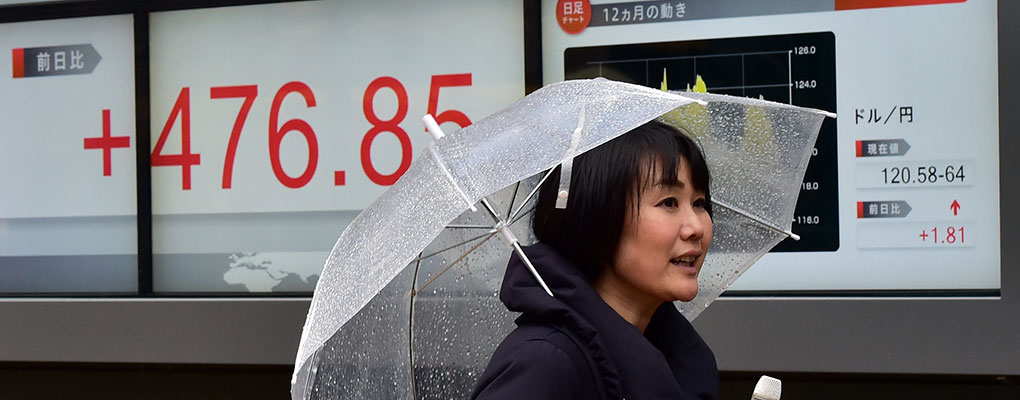
Financial markets were stunned on 29 January when the Bank of Japan (BOJ) announced that it has moved its benchmark rate for the first time since 2010 to -0.1 percent.
With a 5-4 vote in favour of the bold move, the BOJ hopes to discourage saving and prompt institutions to lend more. As such, by charging commercial banks to hold their money, rather than paying them interest, the BOJ indicates a new, more drastic strategy to boost Japan’s lagging economy and reach its two percent inflation target.
Similar to the policy adopted by central banks in Switzerland, Sweden and Denmark, a tiered system has been introduced, whereby the current account of financial institutions will be split into three categories – negative, zero and positive; one for each type of interest rate.
The change, which will take place on February 16, will be applied initially to reserves worth between JPY10trn and JPY30trn. According to Bloomberg’s sources, the tiered system will only be introduced to newly deposited reserves.
The BOJ’s board of governors made it clear that the decision was made as a result of the current state of the global economy, as opposed to domestic conditions. In a statement published by the central bank, it stated that China’s slowdown was of particular concern: “Global financial markets have been volatile against the backdrop of the further decline in crude oil prices and uncertainty such as over future developments in emerging and commodity-exporting economies, particularly the Chinese economy. For these reasons, there is an increasing risk that an improvement in the business confidence of Japanese firms and conversion of the deflationary mind-set might be delayed and that the underlying trend in inflation might be negatively affected”.


